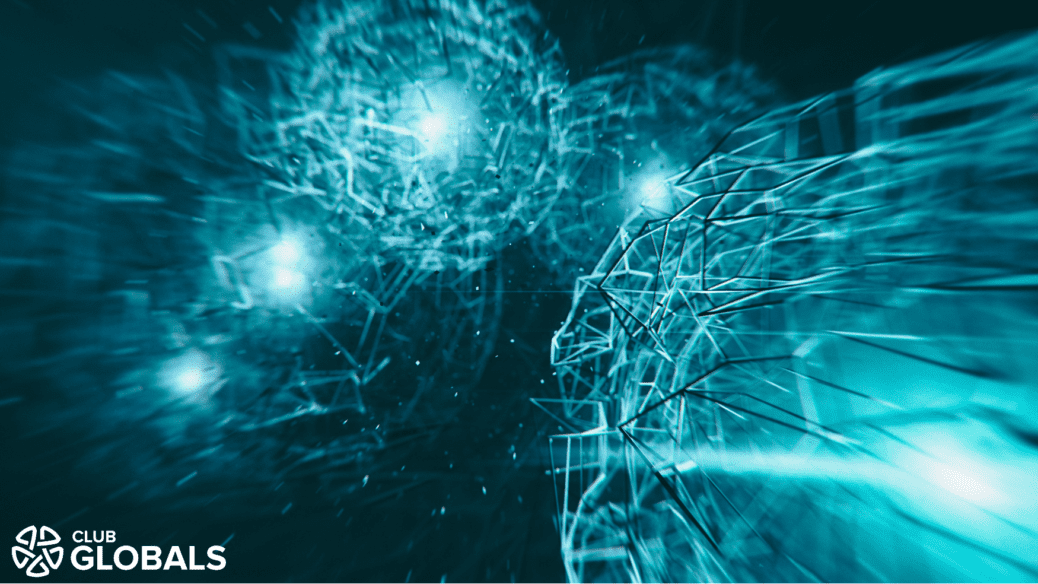Revolutionizing Chemistry: The Promising Intersection of Quantum Computing and Chemical Reactions
The realm of quantum computing, still relatively nascent, has been making waves across various sectors with its immense potential. Now, a groundbreaking strategy in this field has surfaced that could potentially turn the tables for the discipline of chemistry. This development seeks to harness the power of quantum computations to unlock novel insights into complex chemical reactions, which could pioneer a new era of chemical understanding and applications.
The crux of this revolution lies in the unique manner of handling quantum computations, which might be the key to solving chemical puzzles that have long challenged scientists. Traditional computing methods often falter in the face of complex chemical reactions. These involve a vast number of interacting particles, and the sheer scale and intricacy can be overwhelming for conventional computational models to handle effectively.Enter quantum computing, a field that leverages the principles of quantum mechanics to process information. Quantum computing’s inherent ability to handle vast datasets and compute multiple scenarios simultaneously makes it the perfect candidate to tackle the intricacies of complex chemical reactions. The new strategy being explored applies these abilities directly to the world of chemistry.
While the intricate details of this new quantum computing strategy remain under wraps, the overarching implications are clear: a potential revolution in chemistry. By employing quantum computations, we could not only unlock a better understanding of complex chemical reactions but also create more precise predictive models for these reactions.This could have far-reaching consequences for various fields that depend on chemistry, from pharmaceuticals and materials science to energy and environmental studies. Improved predictive models could lead to the discovery of new drugs, the creation of advanced materials, and better understanding of environmental processes, to name a few potential applications.
However, like any technological advancement, this new quantum computing strategy does not come without its challenges. Quantum computing is still a developing field, and many of its applications, including this one, are still in the experimental stages. Furthermore, the questions of resource requirements, scalability, and data security in quantum computing are still being explored.Nonetheless, the potential of this quantum computing strategy to revolutionize chemistry is tantalizing. As we delve deeper into the quantum realm, we may uncover insights that fundamentally reshape our understanding of chemistry and its myriad applications. As always, the intersection of different scientific fields brings the promise of innovation and unforeseen advancements.
Stay tuned for more exciting updates and breakthroughs from the world of quantum computing and chemistry. As we stand on the brink of a potential revolution, it’s an exhilarating time to witness how these cutting-edge developments will redefine our future.
Three ways digital innovation is revolutionizing chemistry & advanced materials https://t.co/uDeW5y2FEZ pic.twitter.com/Wn7UWwl7vZ
— World Economic Forum (@Davos) September 22, 2016









